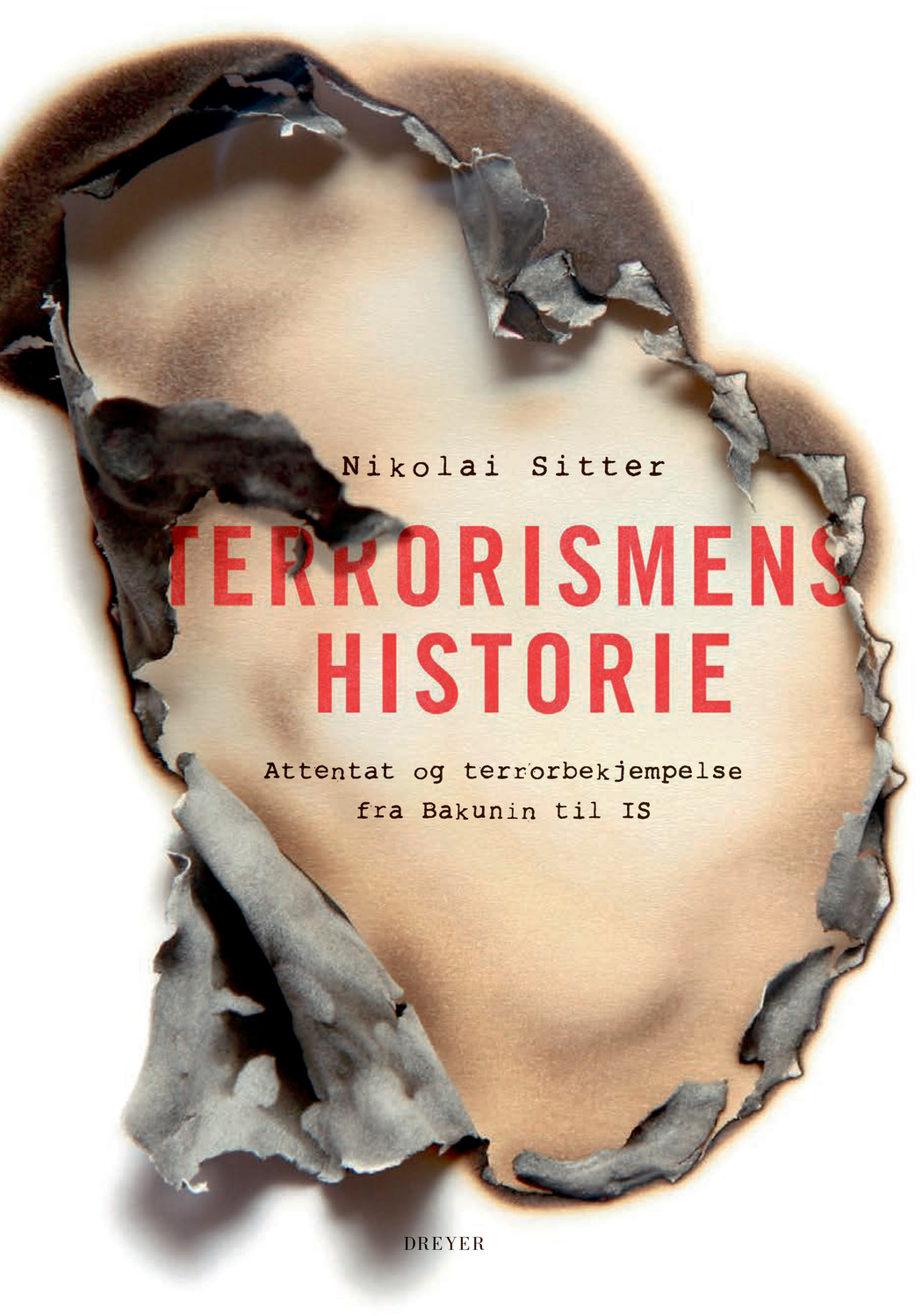The History of Terrorism: From Bakunin to the Islamic State
Terrorismens historie. Attentat og terrorbekjempelse fra Bakunin til IS
In this book, Dr. Nick Sitter explores and assesses 150 years of terrorism against Western states and empires and the counter-terrorism lessons that can be drawn from this experience. Terrorist groups come in many forms and draw on a range of ideologies – from anarchists, Marxist and right wing extremism to nationalism and religion. They differ widely not just in terms of ideology, but also in terms of whether they seek to change the prevailing world order or join it; whether they use terrorism as one of several tactics or use terrorism as their one and only strategy; whether they operate in isolation from society or can draw on brood public support or sympathy; and whether they strike at a narrow set of targets or define the entire civilian population as a legitimate target for political violence. Having said that, there are also a number of common elements that can be found in almost all terrorists’ strategies. The four common elements of most terrorist campaigns that provide a starting point for developing a robust counter-terrorism strategy are: i) an effort to provoke an overreaction by the state; ii) an effort to polarize society; iii) a effort to mobilize and recruit supporters; and iv) an effort to avenge perceived wrongs. Consequently, terrorism is better understood as “armed propaganda” than as an existential threat – at least for the USA and European states (in the context of civil wars and insurgencies, terrorism can of course be part of an existential threat to a state or empire). The lessons of 150 years of terrorism and counterterrorism is that terrorism is better fought by law enforcement and intelligence agencies than directly by the military. This holds even for the threat Al Qaeda and the Islamic State represents to western states today.

